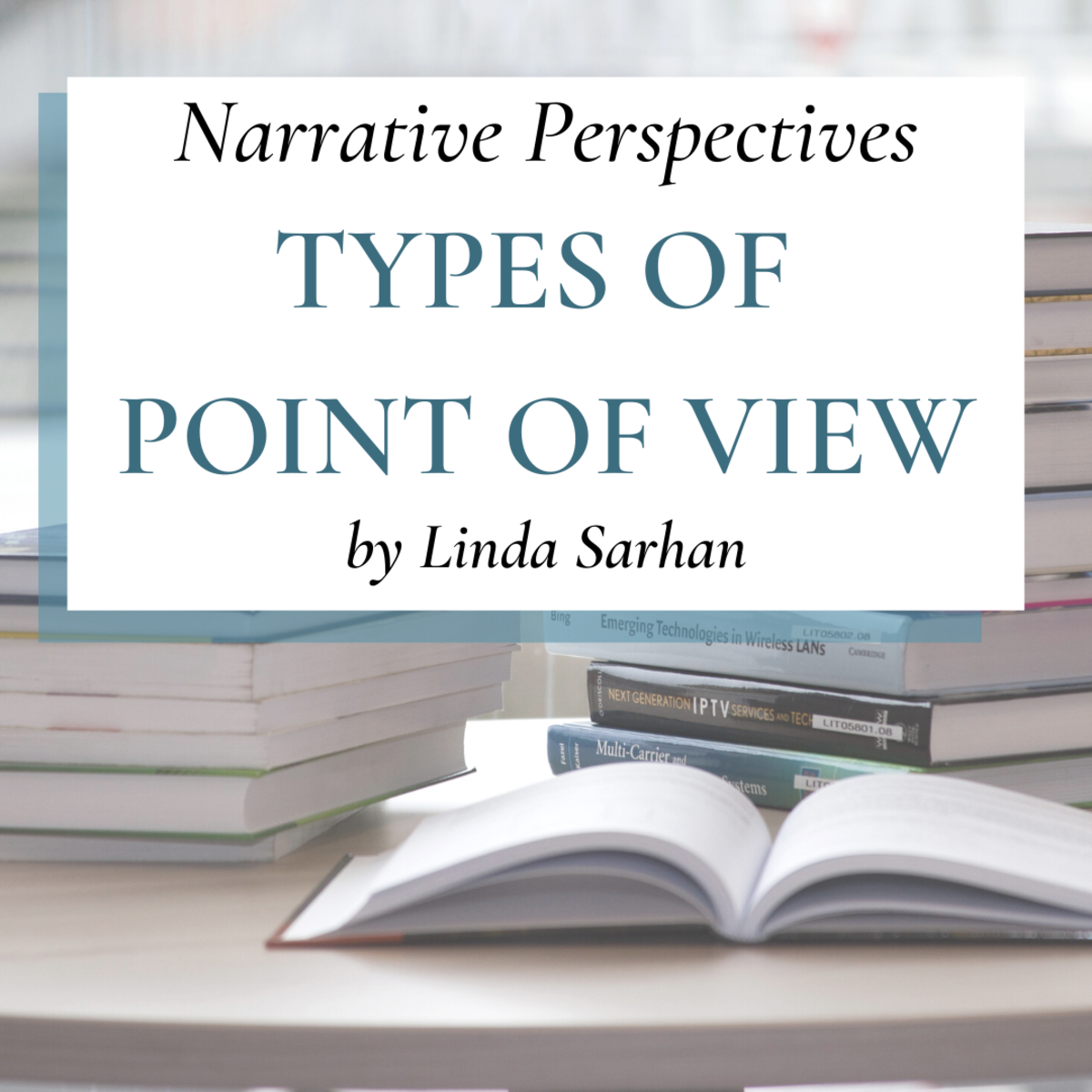From "LOL" to "BRT"
I cannot recall when exactly I first saw “lol” appear in writing, I cannot even remember if it was in a text message or talking (writing) online with someone. I am quite positive “lol” was just like the beginning of a virus for the written English language. It infected the younger generation of today quite effectively. Almost as if a new “coded” language is emerging.
Soon after “lol” there was “lmao” and then, I am not quite sure … many followed. “Thanks” became “thx”. “Cool-cool …” has changed altogether to “KK”, and now I always have to be so bloody careful to not slip another “K” in there by mistake and land myself in some serious trouble. "See you later" has become "c u l8er"; I even caught myself sending a text message on my phone to a friend which read "BRT" (I didn't mention it meant "be right there"). This is a true story really ... he sent me a text back saying "No thanks I’m not hungry". It turned out he thought I misspelled BLT (the sandwich). Perhaps I should have said “omw” (“on my way”) to eliminate the confusion … The way we write has changed much and will change even more I think.
The fact that people walk around on the blackberries emailing each other from places such as the subway or the park, the toilet, etc has changed life in a way that the cell phone did only this time the "conversation" is much "bigger" with many more people involved. Everyone seems to be compelled to say something … anything (since the audience is greater perhaps). And not only do you have to say something but you have to say it fast because in today’s rushing world riddled with “ADD”, there is very little time for anything.
Thus, it is obvious I think that the English language is changing (at least in its written form). The implications though I think are quite complex and I am just "scratching the surface" here. How is “reading” affected by our “new” way of writing? Were the Egyptian hieroglyphs better and should we go back to those since we seem to keep “cutting” letters looking to make words and sentences shorter? Does this even matter?
>



